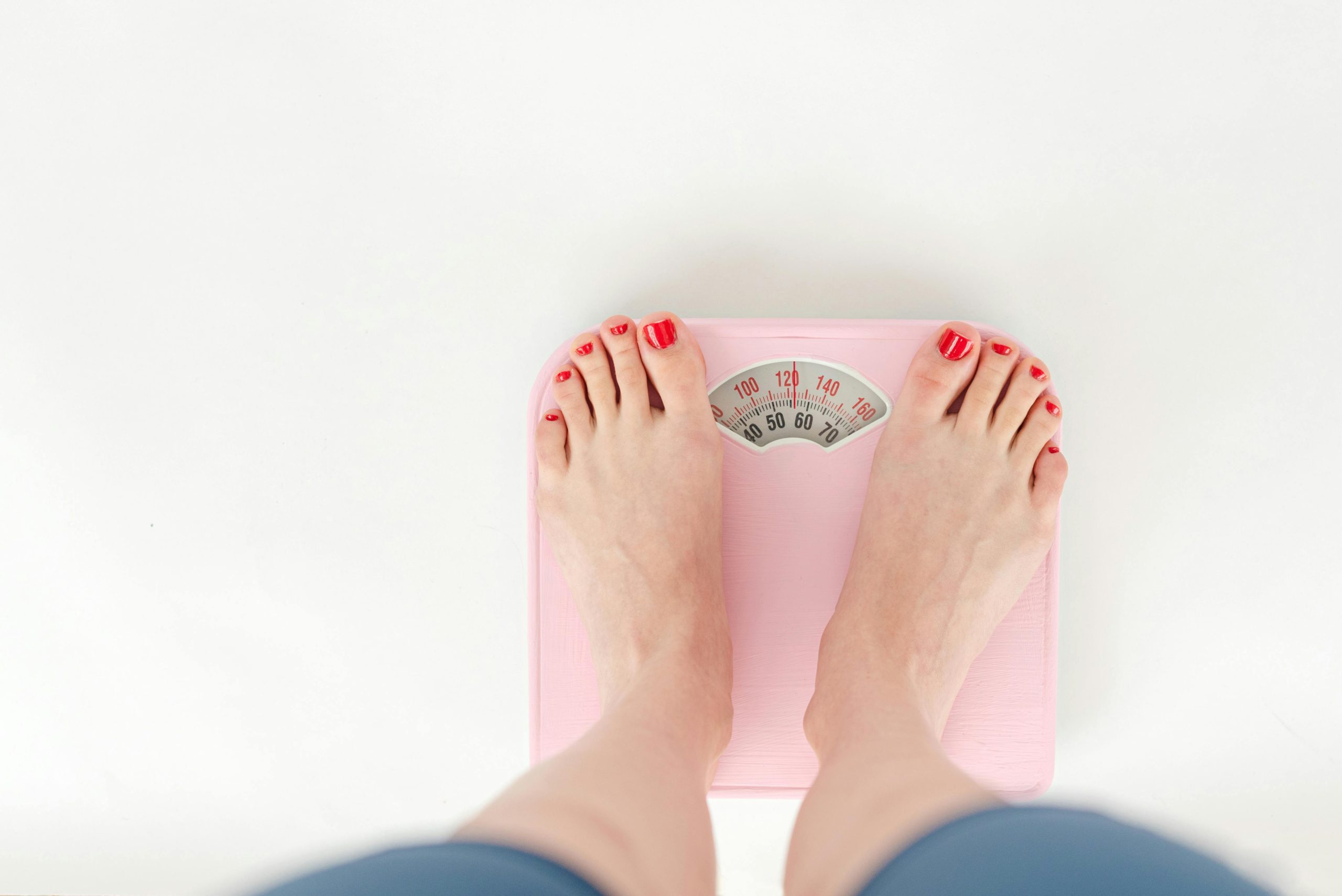What’s Blocking Me From Losing Weight?
If you’ve been trying to lose weight but nothing seems to change (even though you’re eating well and moving more) you’re not alone.
It can be frustrating (and a bit discouraging) when your body doesn’t seem to respond the way you want it to.
But here’s the thing, it’s not just about calories or willpower.
Your body is way more complex and sometimes, it’s trying to protect you, not work against you.
Let’s look at some of the most common (and often surprising) reasons your body might be holding on to extra weight, and what you can do about it.
1. Your Stress Hormone (Cortisol) Is Too High
When you’re under constant stress (from work, relationships, or just being “on” all the time) your body releases a hormone called cortisol.
A little cortisol is helpful.
But when it stays high for too long, your body gets stuck in survival mode and hangs on to extra fat, especially around your belly.
What to do:
– Prioritise rest and proper sleep.
– Swap high-intensity workouts for calmer movement like walking or yoga.
– Practice slow breathing or grounding daily.
You can’t out-exercise stress. The calmer your body feels, the easier it is to release weight.
2. You’re Not Eating Enough (Or Often Enough)
Eating too little or skipping meals tells your body it’s not safe to burn energy.
Your metabolism slows down and holds on tightly to every bit of fuel it gets.
What to do:
– Eat every 3–4 hours.
– Include protein, fibre, and healthy fats in every meal.
– Stop fearing food. Nourishment builds trust with your body.
3. Your Blood Sugar Is on a Rollercoaster
If you eat lots of refined carbs or sugary snacks, your blood sugar spikes then crashes, making you hungry, tired, and craving more.
These crashes raise cortisol and insulin (the fat-storage hormone).
What to do:
– Eat protein first to steady blood sugar.
– Swap white bread/rice for wholegrains.
– Add fibre-rich veggies and cinnamon to meals.
Stable blood sugar leads to a stable mood, energy, and metabolism.
4. Your Hormones Are Changing
As you move through your 30s, 40s, and beyond, oestrogen, progesterone, and thyroid hormones start to shift.
These changes can slow metabolism, affect muscle, and change how your body stores fat.
What to do:
– Add strength training.
– Eat enough protein and healthy fats.
– Manage stress and support your adrenals.
– Try herbal or nutritional support (like maca or magnesium).
5. You’re Not Sleeping Enough
Sleep is when your body resets, including your stress and hunger hormones.
Poor sleep leads to more cravings, fatigue, and stubborn weight gain.
What to do:
– Create a bedtime routine.
– Avoid caffeine after lunch.
– Use calming teas or magnesium before bed.
– Keep your room cool, dark, and quiet.
Sleep isn’t lazy, it’s medicine for your metabolism.
6. Your Gut Health Is Out of Balance
Your gut controls more than digestion, it affects your hormones, inflammation, and cravings too.
When gut bacteria are unbalanced, it can make weight loss harder and cause bloating.
What to do:
– Eat more fibre (fruit, veggies, legumes, whole grains).
– Include fermented foods like yoghurt or sauerkraut.
– Drink water and chew slowly.
– Avoid ultra-processed foods.
Healthy gut creates a happier mood and better metabolism.
7. Alcohol Might Be Slowing You Down
You might think “a glass of wine a night won’t hurt” but alcohol can quietly interfere with your progress.
Here’s how:
– Your body stops burning fat while it processes alcohol (it sees alcohol as a toxin to clear first).
– It disrupts your sleep and raises cortisol.
– It can throw off blood sugar balance and trigger cravings the next day.
What to do:
– Cut back gradually, try alcohol-free nights during the week.
– Swap wine for sparkling water with lime or kombucha.
– Notice how much better your energy, sleep, and digestion feel when you drink less.
You don’t need to give it up completely, just be mindful. Your body will thank you.
8. You’re Stuck in “All or Nothing” Thinking
If you swing between being “all in” and “all out,” your body never feels stable enough to relax and heal.
What to do:
– Focus on small, sustainable habits.
– Be patient, your body thrives on consistency, not extremes.
9. You Don’t Feel Safe Slowing Down
Sometimes, your body won’t release weight because it doesn’t feel safe to.
If you’ve been in survival mode, your nervous system is trying to protect you.
What to do:
– Prioritise calm and rest.
– Try gentle nervous system regulation (breathing, grounding, journaling).
– Work with your body, not against it.
When your body feels safe, it lets go.
If You’re Stuck, It’s Not Because You’ve Failed
It’s because your body is asking for a different kind of support.
You don’t need to eat less or push harder.
You need to nourish more, rest deeper, and calm your stress.
– Eat regularly
– Sleep properly
– Move gently
– Reduce alcohol
– Support your nervous system
When you do that, your metabolism finds balance again, and your body starts to trust you enough to let go.
Because healing your body isn’t about punishment, it’s about creating safety, one small step at a time.

